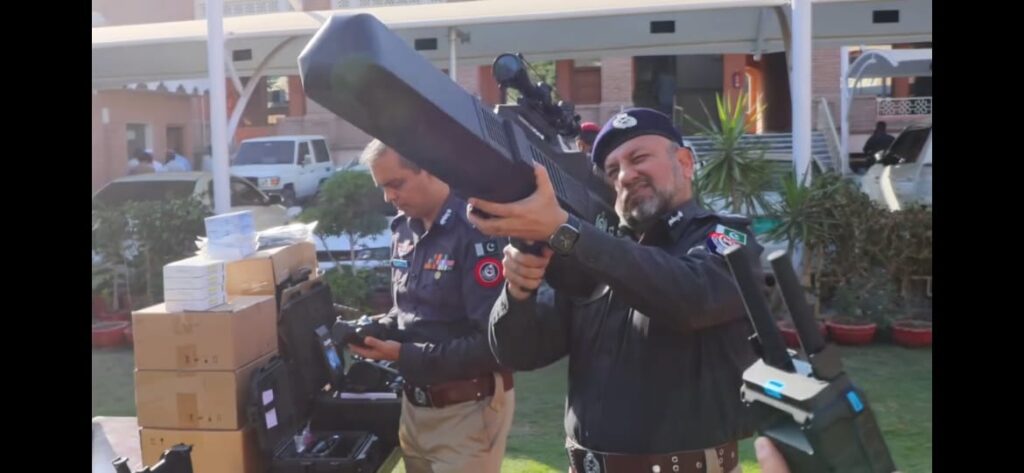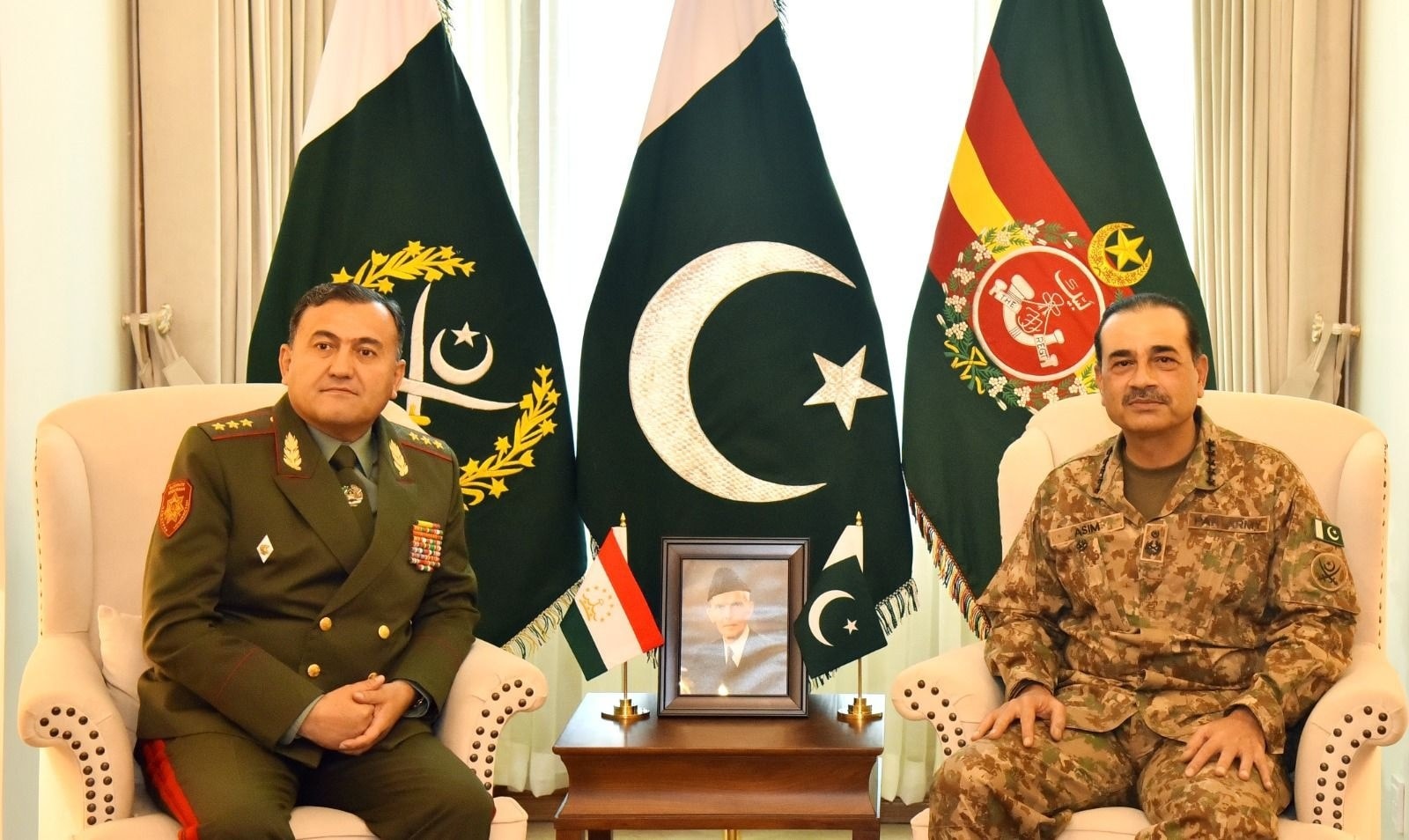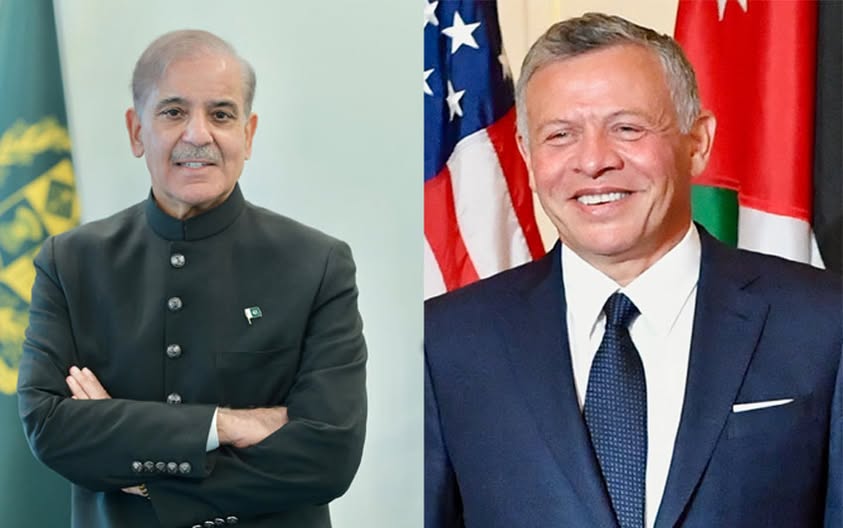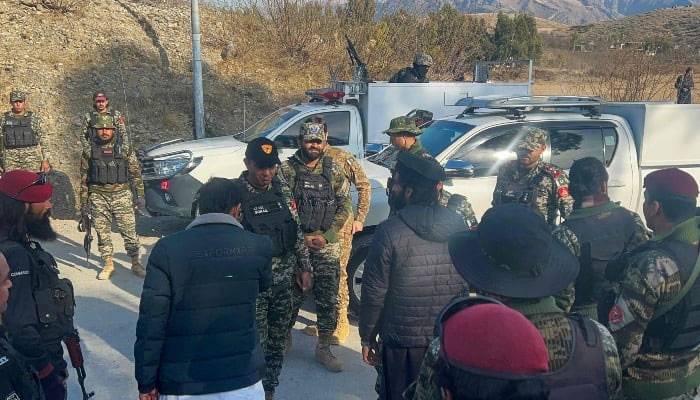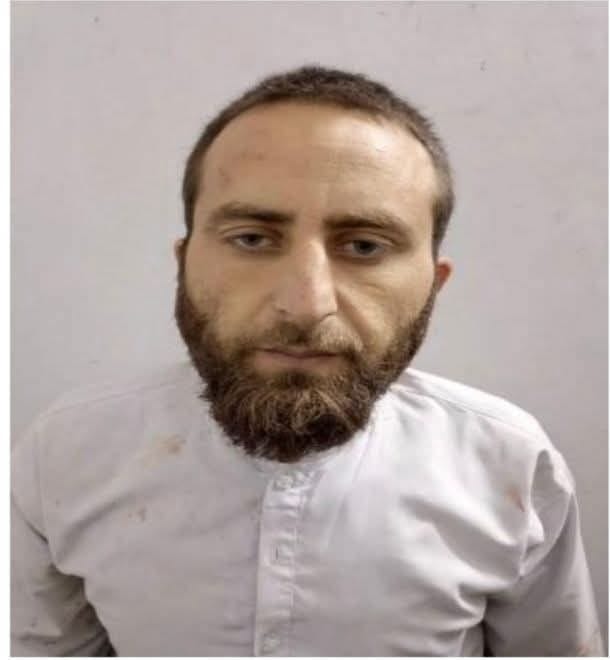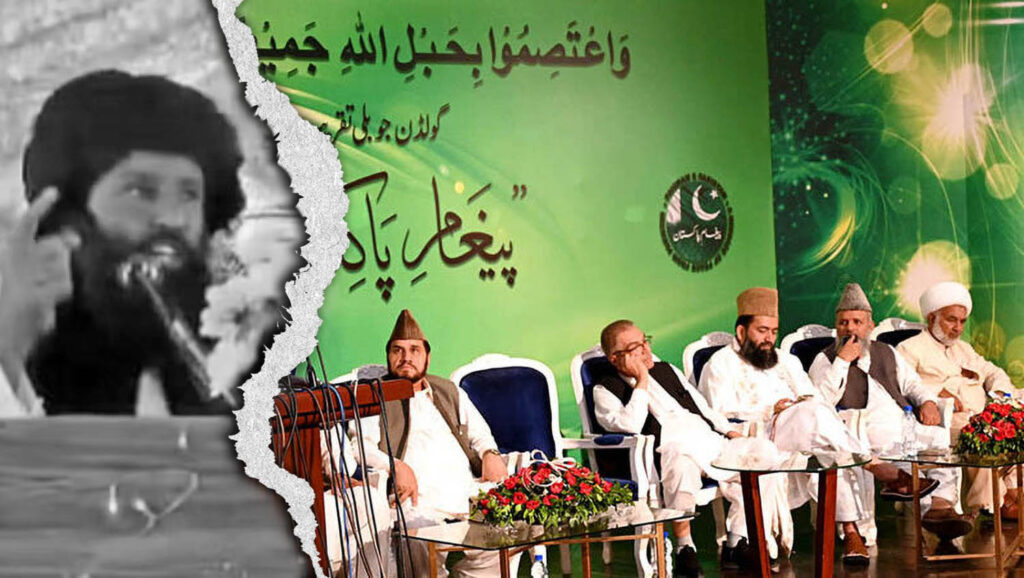A critical point of the Jirga (tribal council) declaration, held by the Khyber Pakhtunkhwa (KP) government on November 12, was the focus on the internal security leadership of the Police and the Counter-Terrorism Department (CTD). However, analysts and media reports indicate that the KP government currently lacks both the sufficient financial resources and the appropriate training needed to implement strong measures against the ongoing wave of terrorism.
Escalating Terrorism and the Police’s Role
Terrorist incidents are increasingly occurring in the tribal and southern districts of Khyber Pakhtunkhwa. The police are actively engaged in operations against militants alongside other security forces. This joint effort provides the police with hands-on combat experience while also ensuring them support from other security agencies.
A former Additional Inspector General of Police (AIGP) for KP offered a personal perspective, stating that without a policy shift in the police force, their current level of training is insufficient to allow them to confront terrorists on the front line, regardless of the weapons provided. He argued, “Even if they were given tanks, artillery, and even aircraft, this escalation could not be stopped because the area is a border region, and they would be unable to fight in that way.” The former AIGP stressed that countering terrorism is primarily the military’s job, or the military must provide extensive training to the police to build their capacity for anti-terrorism warfare. He also highlighted that if the issues with Afghanistan (i.e., stopping terrorist infiltration) were resolved, it would significantly simplify the police’s task of fighting terrorism.
Conversely, KP Police Additional Inspector General (AIGP) Muhammad Ali Babakhel told the media that several recent operations by the KP Police prove that the Police and CTD possess full operational capacity to combat terrorism.
Modernizing the KP Police Force
Efforts are underway to upgrade the capability of the Khyber Pakhtunkhwa Police to meet modern policing standards. In a special ceremony at the Central Police Office in Peshawar, Inspector General of Police (IGP) Zulfiqar Hameed distributed advanced technological equipment to officers.
The IGP provided police units across all districts with 147 SKUA scopes and 363 TWS Hawk scopes (equipped with thermal technology), along with weapon-mounted sights. Additionally, 10 advanced M249 heavy machine guns and 4 sophisticated anti-drone guns were also supplied to fortify security forces in key areas.
The new thermal scopes and weapon sights will greatly enhance the police’s nighttime surveillance and response capabilities. These devices can remotely detect human movement in complete darkness and identify vehicles up to four kilometers away, ensuring that no suspicious activity goes unnoticed.
Deployment of Anti-Drone and Heavy Weapons
Modern EMG-300 anti-drone guns have been supplied to the police in North Waziristan, Bajaur, and Bannu to effectively counter potential drone threats from terrorists. Similarly, M249 heavy machine guns were provided to the Rapid Response Force (RRF) and Elite Force units to strengthen their combat readiness for anti-terrorism operations.
Police Issues and Fund Utilization in Tribal Districts
A significant challenge for the police force is the lack of education. Documents show that in 2022 and 2023, 60% of the police personnel in these districts were uneducated.
Recently, 1,000 new officers were recruited, including 35 women, with a plan to increase the total number of female officers to 135. Training is ongoing for these new recruits and former Khasadar personnel; according to police documents, training for 10,000 new personnel was completed by 2024.
Analysts stress that the provincial government must first address the proper utilization of funds allocated to the police and resolve their internal issues, as this falls under provincial responsibility. They point out that the NFC Award includes a one percent share for security, and analysts believe that if these funds are spent correctly, the police’s issues could be significantly resolved.

